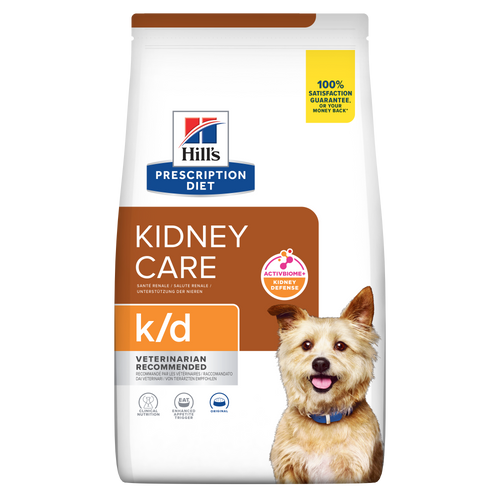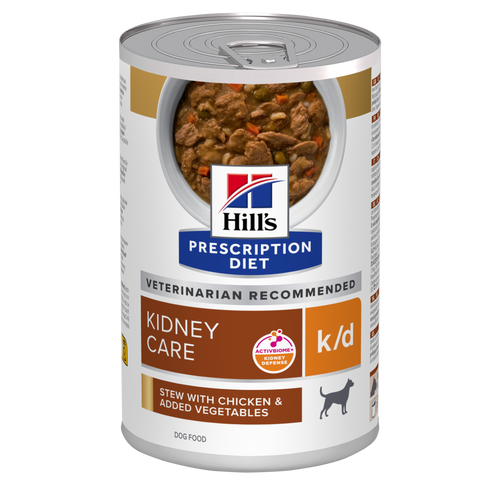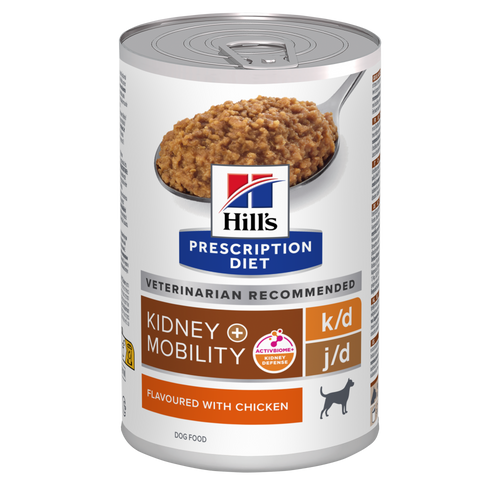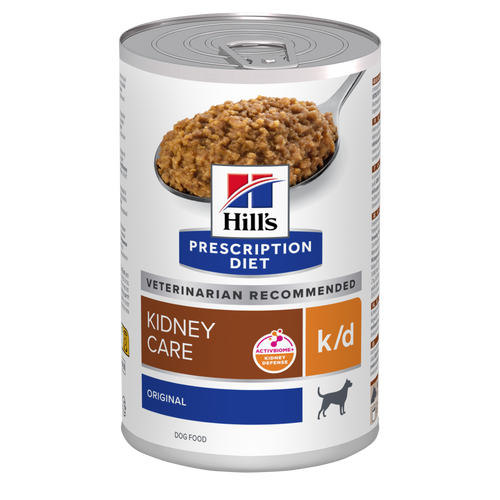
-
Find the right food for your petTake this quiz to see which food may be the best for your furry friend.Find the right food for your petTake this quiz to see which food may be the best for your furry friend.Featured products
 Adult Light Dog Food
Adult Light Dog FoodHill's Science Plan Light Adult Wet Dog Food is a complete premium pet food for adult dogs that tend to gain weight easily. This deliciously smooth loaf is formulated to deliver the appropriate amount of energy to support weight maintenance in adult dogs.
Shop Now Large Breed Adult Dog Food
Large Breed Adult Dog FoodHill's Science Plan Large Breed Adult Dog Food with Lamb & Rice is a complete pet food, specially formulated with ActivBiome+ Multi-Benefit Technology.
This food is specifically designed to fuel the energy needs of large breed dogs during the prime of their life.Shop Now Perfect Digestion Large Breed Puppy Food
Perfect Digestion Large Breed Puppy FoodPrecisely balanced nutrition with Hill's ActivBiome+ prebiotic blend actively contributes to supporting digestive health and overall wellbeing to help your pet feel their best
Shop NowFeatured products Adult Cat Food
Adult Cat FoodHill's Science Plan Adult Cat Food with Chicken is a complete pet food, specially formulated with ActivBiome+ Multi-Benefit Technology.
This food is specially formulated to fuel the energy needs of cats during the prime of their life.Shop Now CULINARY CREATIONS ADULT CAT FOOD
CULINARY CREATIONS ADULT CAT FOODHill's Science Plan CULINARY CREATIONS Adult cat food with Salmon & Carrots was formulated to provide a great-tasting experience to cats. Its delicious flavour and texture are combine with essential nutrients to support cats' optimal health during the prime time of their life. Specially formulated with high-quality salmon protein, essential taurine for heart health & balanced minerals to support kidneys & bladder.
Shop Now Sterilised Adult Cat Food
Sterilised Adult Cat FoodHill's Science Plan Adult Sterilised Cat Dry Food with Salmon is specially formulated with ActivBiome+ Multi-Benefit Technology. It is a precisely balanced nutrition, tailored to meet the needs of sterilised cats, to help keep sthem lean & healthy.
Shop Now -
Dog
- Dog Tips & Articles
-
Health Category
- Weight
- Food & Environmental Sensitivities
- Urinary
- Digestive
- Joint
- Kidney
Featured articles Microchipping: The Facts | Hill's Pet
Microchipping: The Facts | Hill's PetThe government has announced that as of April 2016, all dogs in the UK must be microchipped by law.
Read More Pet Nutrition: What Makes "Healthy" Pet Food Healthy? | Hill's Pet
Pet Nutrition: What Makes "Healthy" Pet Food Healthy? | Hill's PetIn people, the right diet is very important. If you are eating the wrong way for your metabolism, activity level, age and lifestyle you could end up with health issues.
Read More The Incredible Science Behind Your Pet's Microbiome
The Incredible Science Behind Your Pet's MicrobiomeLearn what your pet's microbiome is, how it contributes to your pet's gut and overall health, and why nutrition is important in maintaining healthy microbiomes.
Read More -
Chronic kidney disease in dogs
Chronic kidney disease in dogs
What is kidney disease in dogs?
Chronic kidney disease (CKD) is defined as any abnormality of one or both kidneys that has been present for several months. CKD affects about 1 in every 10 dogs [1].
Your dog’s kidneys are vital to removing waste substances from the bloodstream and maintaining the balance of fluid and minerals within the body. But if the kidneys can’t do their job, the result could be life-threatening for your dog.
What causes kidney disease in dogs?
There are two main categories of kidney disease in dogs: acute and chronic. Signs of acute kidney disease usually manifest over a week or month’s time, while chronic kidney disease is defined as kidney damage that has been present for at least three months. Common causes of kidney disease & its progression include:




Early detection of kidney failure in your dog
Signs of serious illness only appear after 75% of kidney function is already lost[1], so the sooner kidney disease is diagnosed, the more time there is to address the underlying cause or slow the disease’s progression. CKD is progressive and irreversible, but your veterinarian can help provide long-term care and show you how to track signs in older dogs.
What are the signs & symptoms of kidney disease in dogs?
The signs of early-stage kidney disease are not visible. On diagnosis, CKD has already been present for some time but may be managed with the help of vet-approved dog food for kidney disease. Signs of late-stage kidney disease tend to be similar but are far more noticeable to pet parents.



















Nutrition for dogs with kidney disease
If your dog has kidney problems, the right nutrition may be able to make a positive impact on their quality of live and potentially even lengthen their lifespan. Specially formulated nutrition for dogs with kidney disease can be beneficial by having less protein and phosphorous than other pet foods. Phosphorus restriction can lessen the severity of the symptoms and progression of kidney damage, while controlled, high-quality proteins can help restore normal acid-base levels.
Nourish your pet's microbiome
New evidence supports a link between gut health and kidney health [2]. Nutrition that is formulated with ingredients shown to nourish the gut microbiome can help reduce waste products that can be harmful to their kidneys.
What about nutritional yeast for dogs with kidney disease?
While it has gained some popularity online, yeast is relatively high in phosphorus, which could be a concern for dogs with CKD. Similarly, many websites now propose creating a raw diet for dogs with kidney disease but fail to mention the range of factors to consider, such as contamination risks, providing the right balance of nutrients, and the overall cost. When looking into nutritional options for dogs with kidney disease, it’s always best to get a specific recommendation from your veterinarian.
Nutrition for dogs with kidney disease
If your dog has kidney problems, the right nutrition may be able to make a positive impact on their quality of live and potentially even lengthen their lifespan. Specially formulated nutrition for dogs with kidney disease can be beneficial by having less protein and phosphorous than other pet foods. Phosphorus restriction can lessen the severity of the symptoms and progression of kidney damage, while controlled, high-quality proteins can help restore normal acid-base levels.
Nourish your pet's microbiome
New evidence supports a link between gut health and kidney health [2]. Nutrition that is formulated with ingredients shown to nourish the gut microbiome can help reduce waste products that can be harmful to their kidneys.
What about nutritional yeast for dogs with kidney disease?
While it has gained some popularity online, yeast is relatively high in phosphorus, which could be a concern for dogs with CKD. Similarly, many websites now propose creating a raw diet for dogs with kidney disease but fail to mention the range of factors to consider, such as contamination risks, providing the right balance of nutrients, and the overall cost. When looking into nutritional options for dogs with kidney disease, it’s always best to get a specific recommendation from your veterinarian.
Recommended products for dogs with kidney issues

Delicious clinically proven nutrition that supports longer and better quality of life

Delicious clinically proven nutrition that supports longer and better quality of life

Delicious clinical nutrition to support mobility and longer and better quality of life in dogs

Delicious clinically proven nutrition that supports longer and better quality of life
Related articles

Discover the causes of blood in dog urine and learn about effective treatment options to ensure your pet's health. For expert advice, visit Hill's Pet UK.
Discover the causes, signs, and treatments of kidney disease in dogs and find methods of supporting your dog's kidney health. Learn more at Hill's Pet.

Learn about dog food allergies, including their symptoms and treatments. Discover more insights and care tips at Hill's Pet.

Avoiding joint problem flare-ups can be as easy as A-B-C!
References: 1Lulich JP, Osborne CA, O’Brien TD, Polzin DJ. Feline renal failure: questions, answers, questions. Compend Contin Educ Pract Vet. 1992;14(2):127–153. Brown SA. Renal dysfunction in small animals. The Merck Veterinary Manual website.

